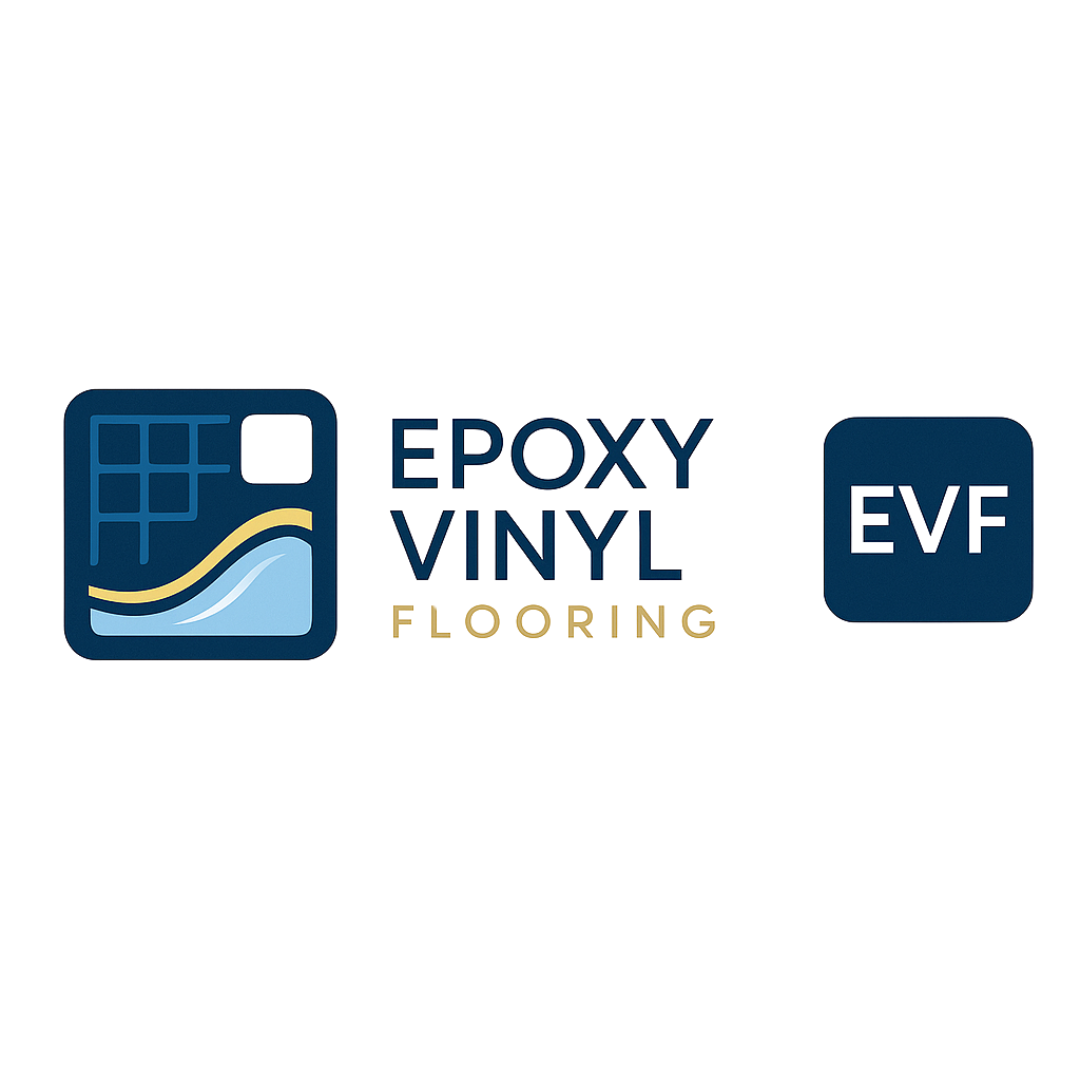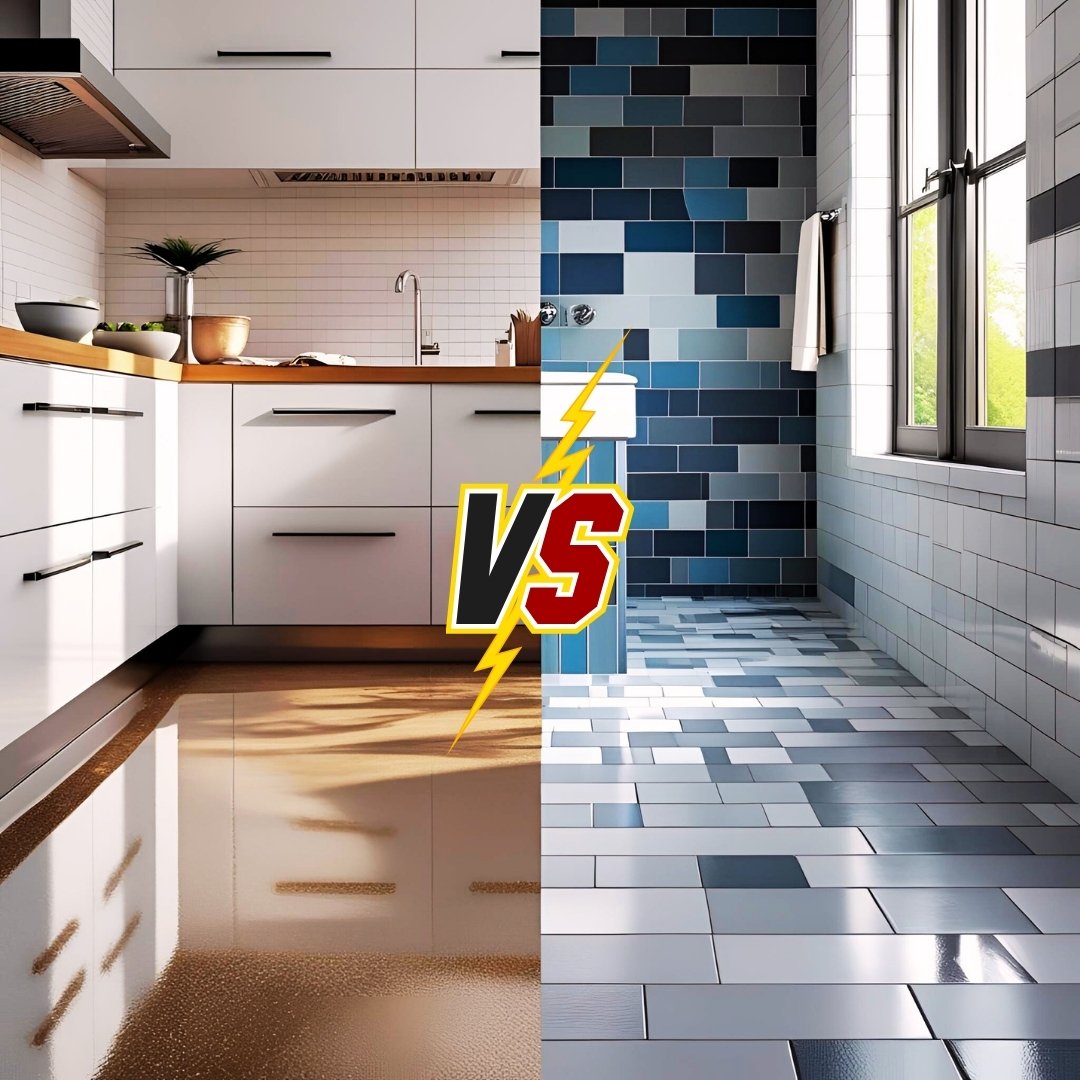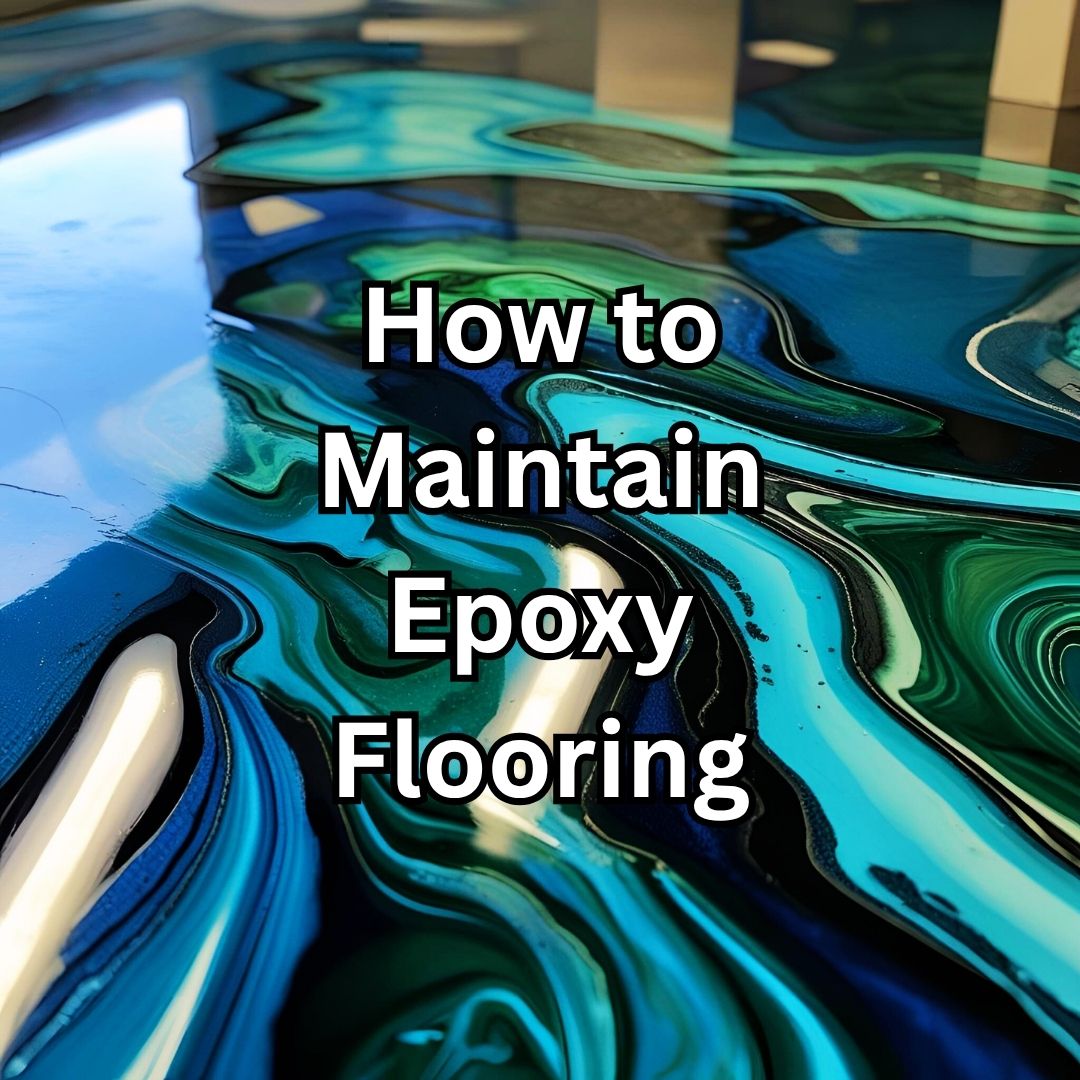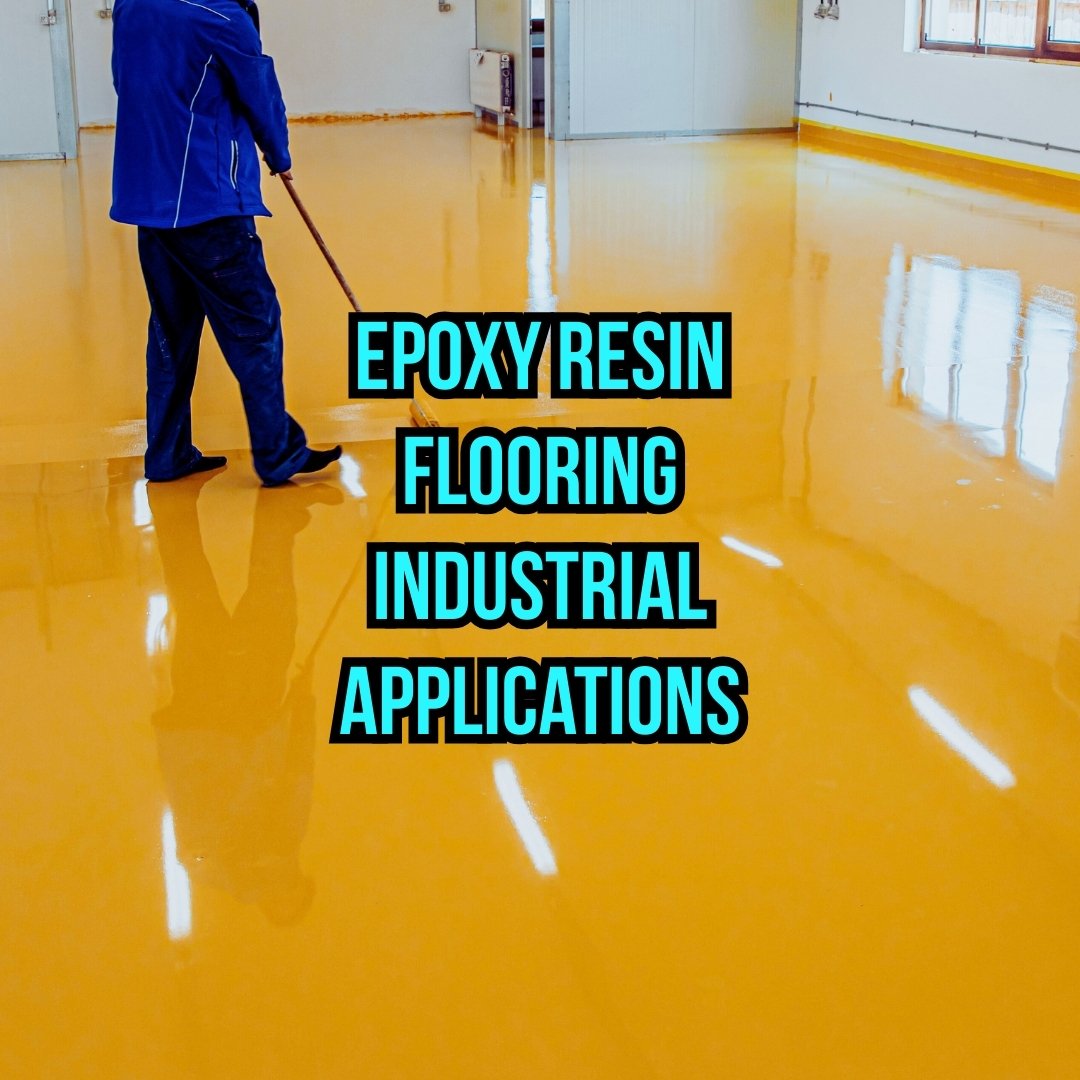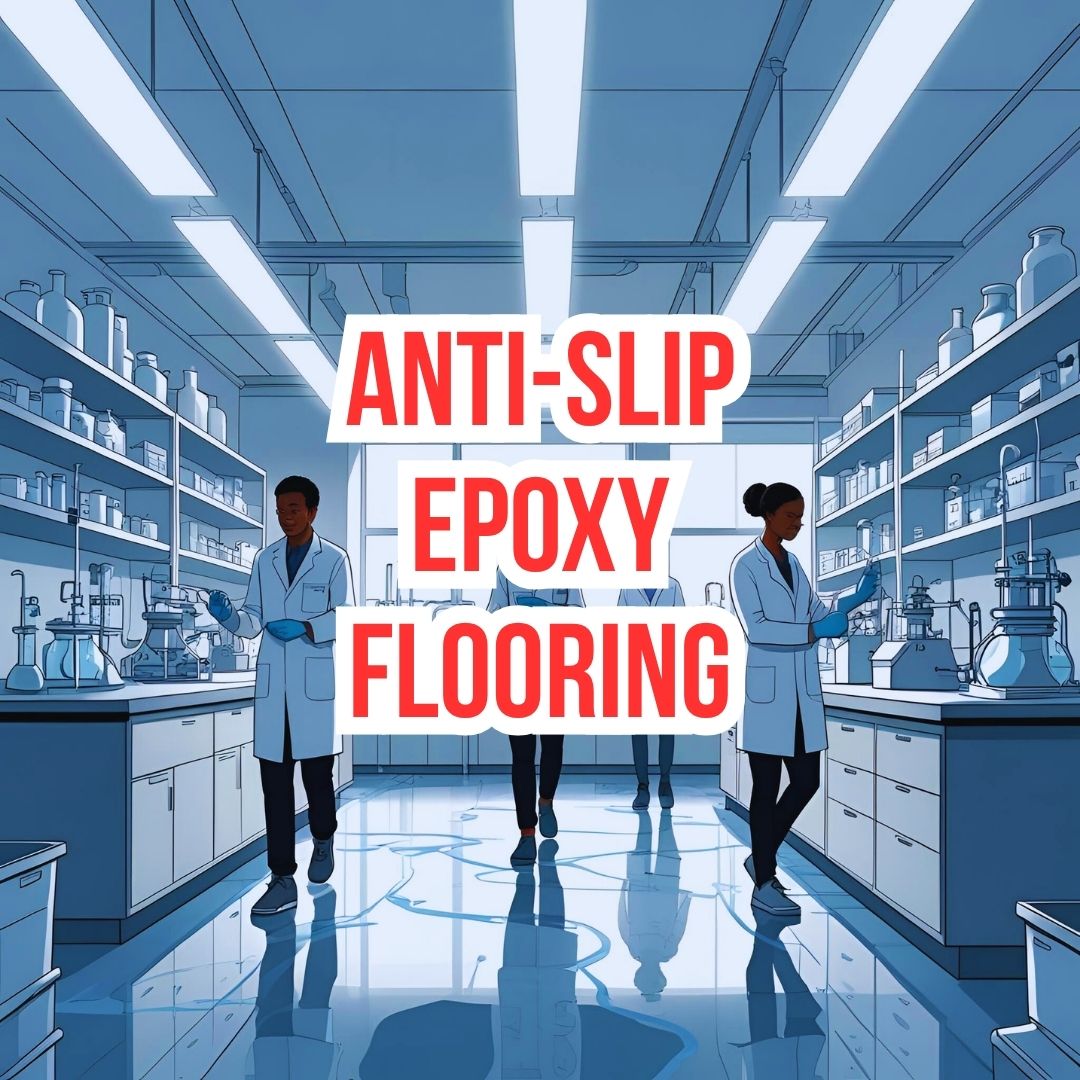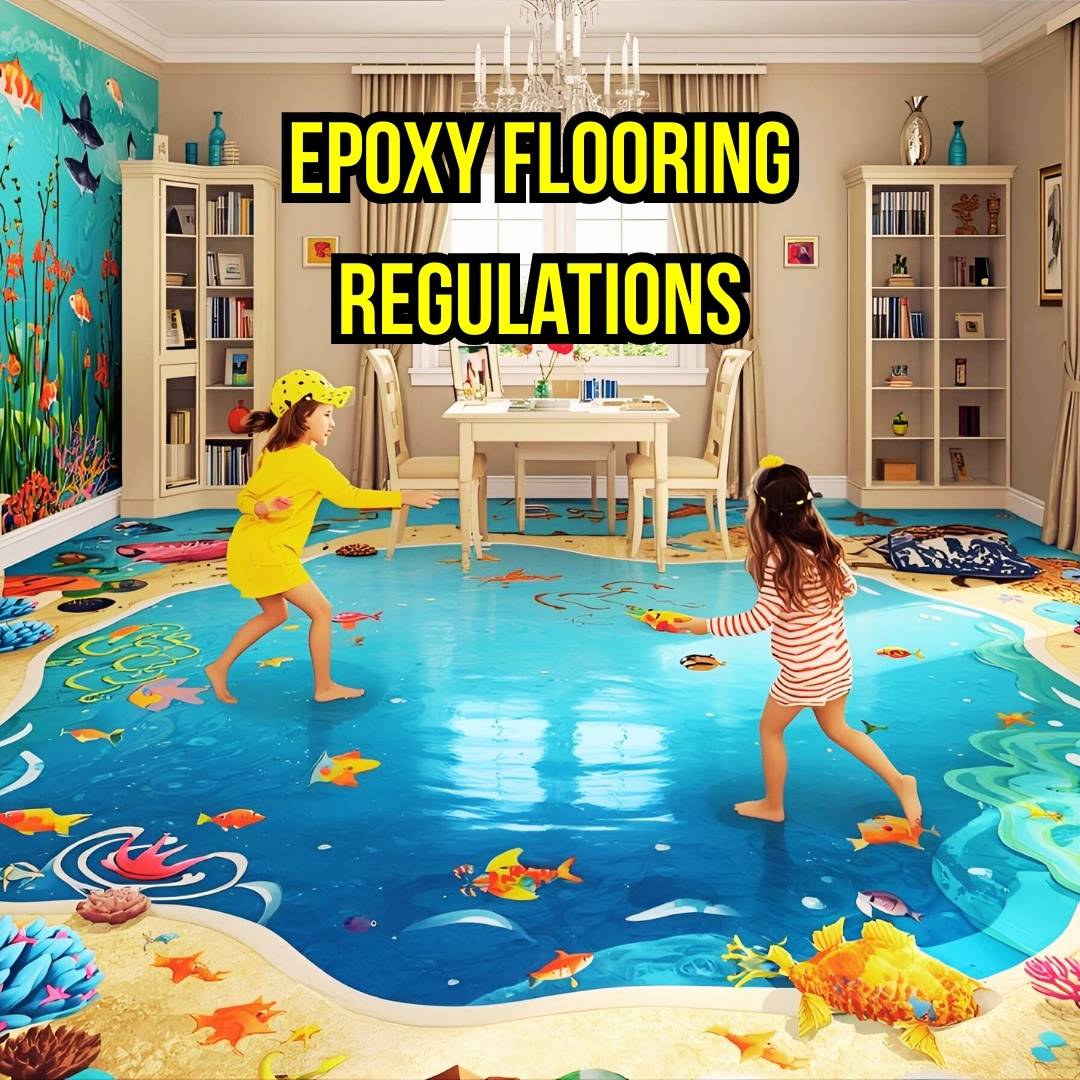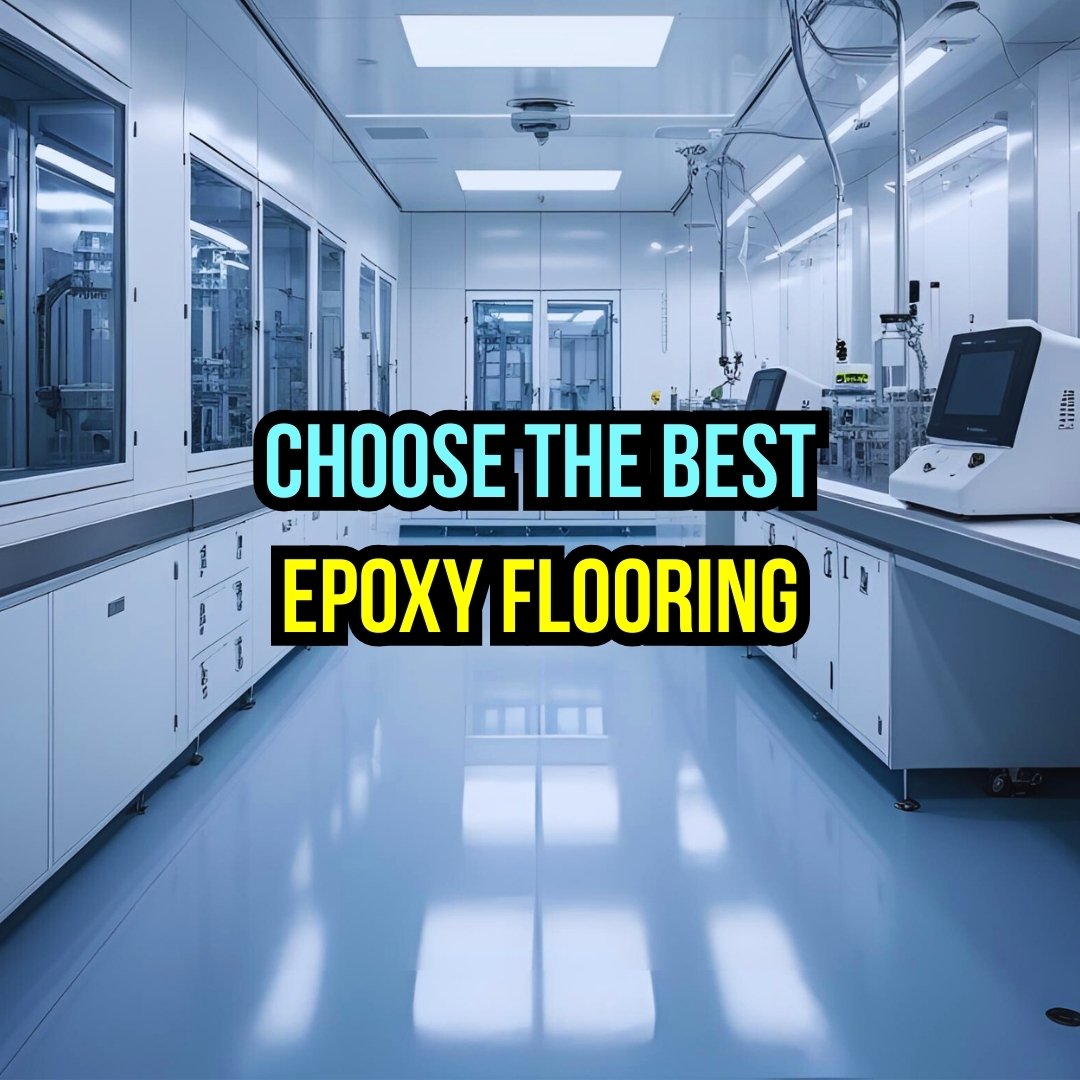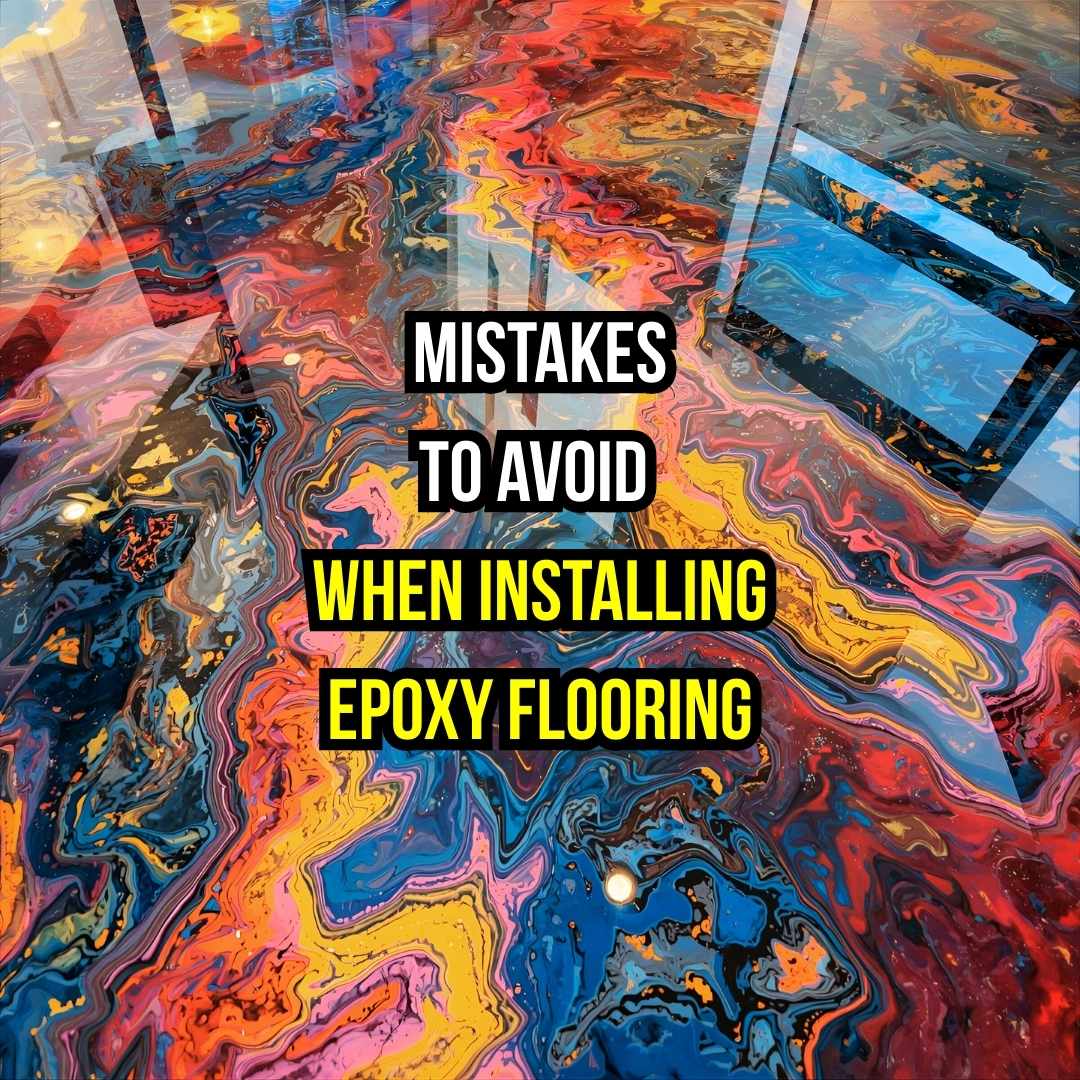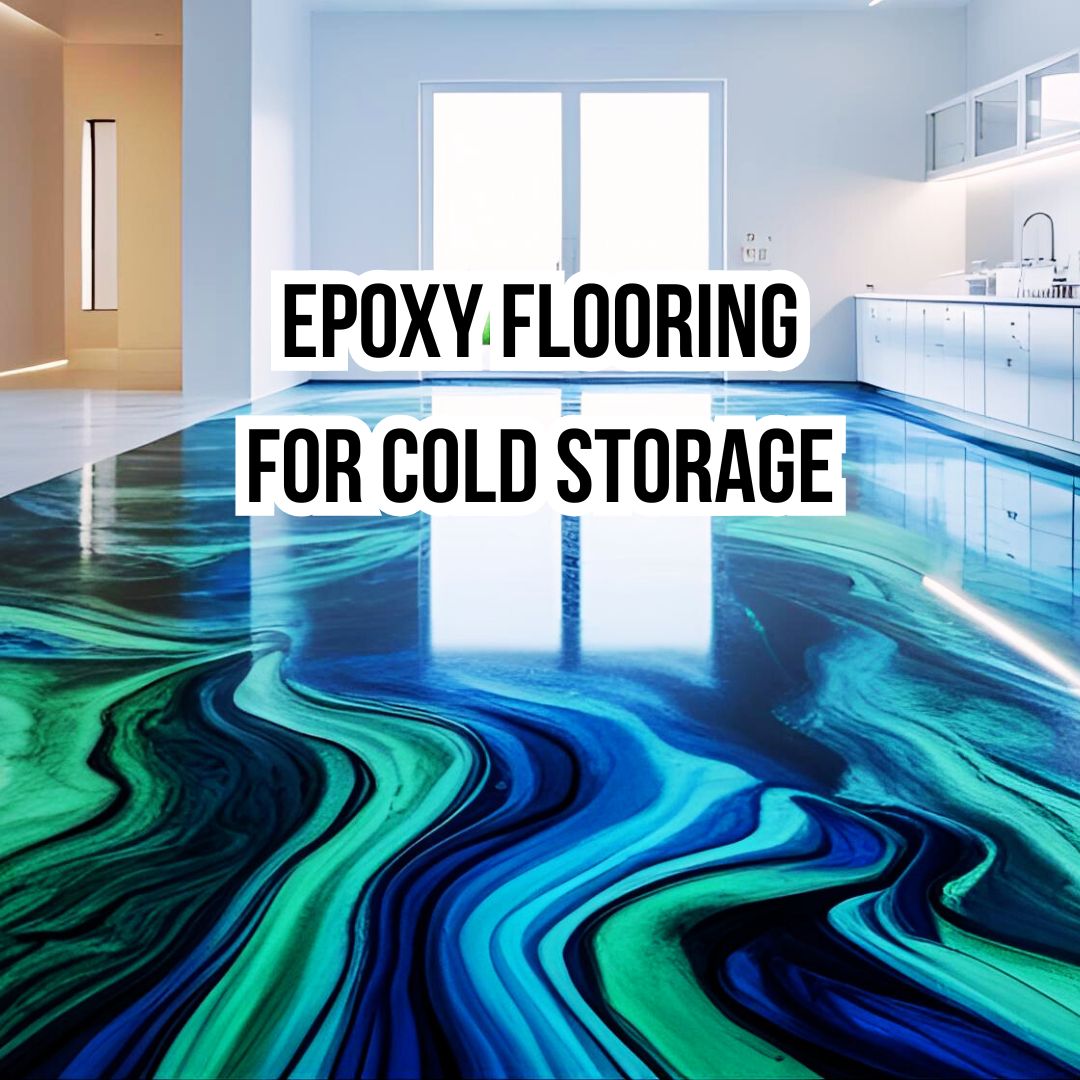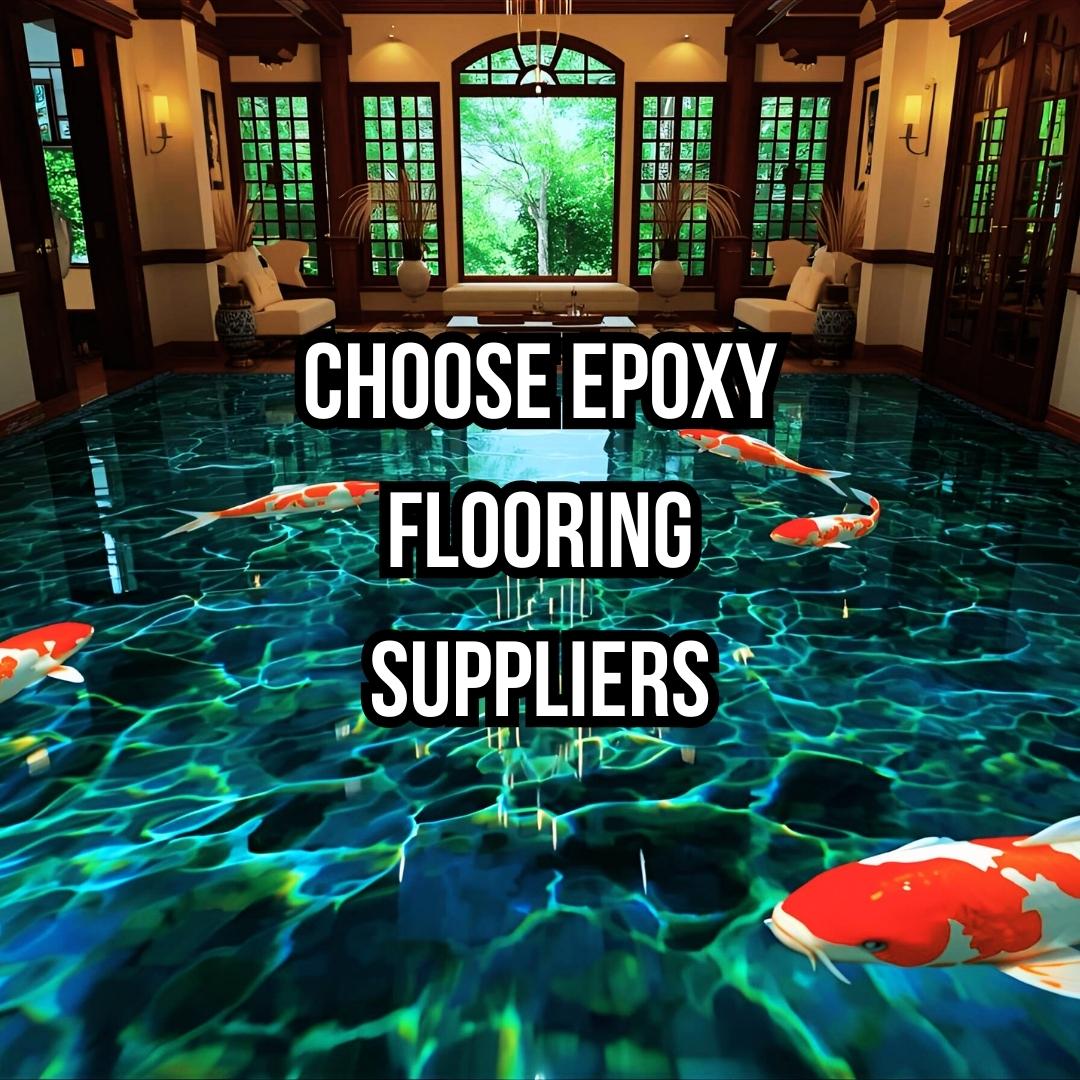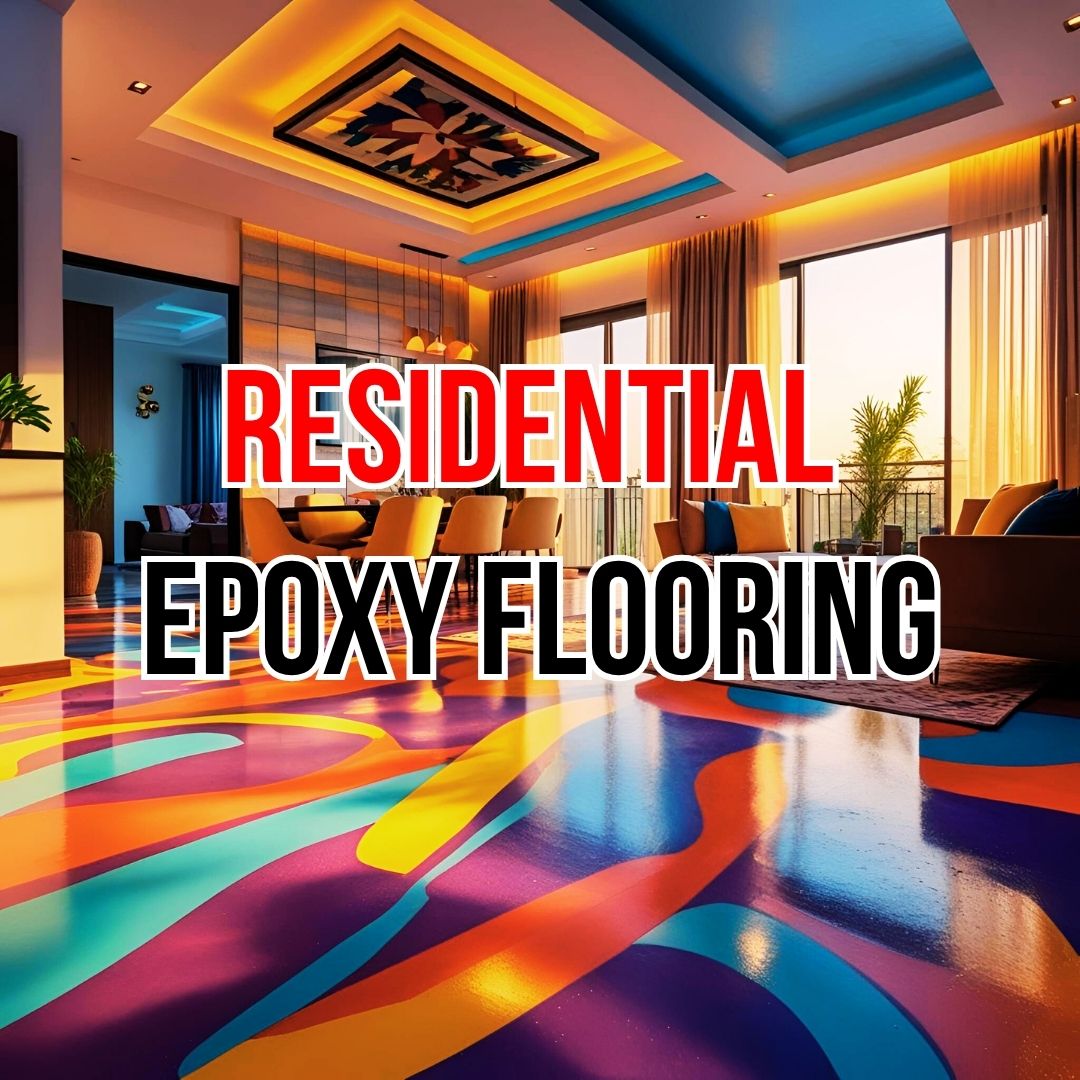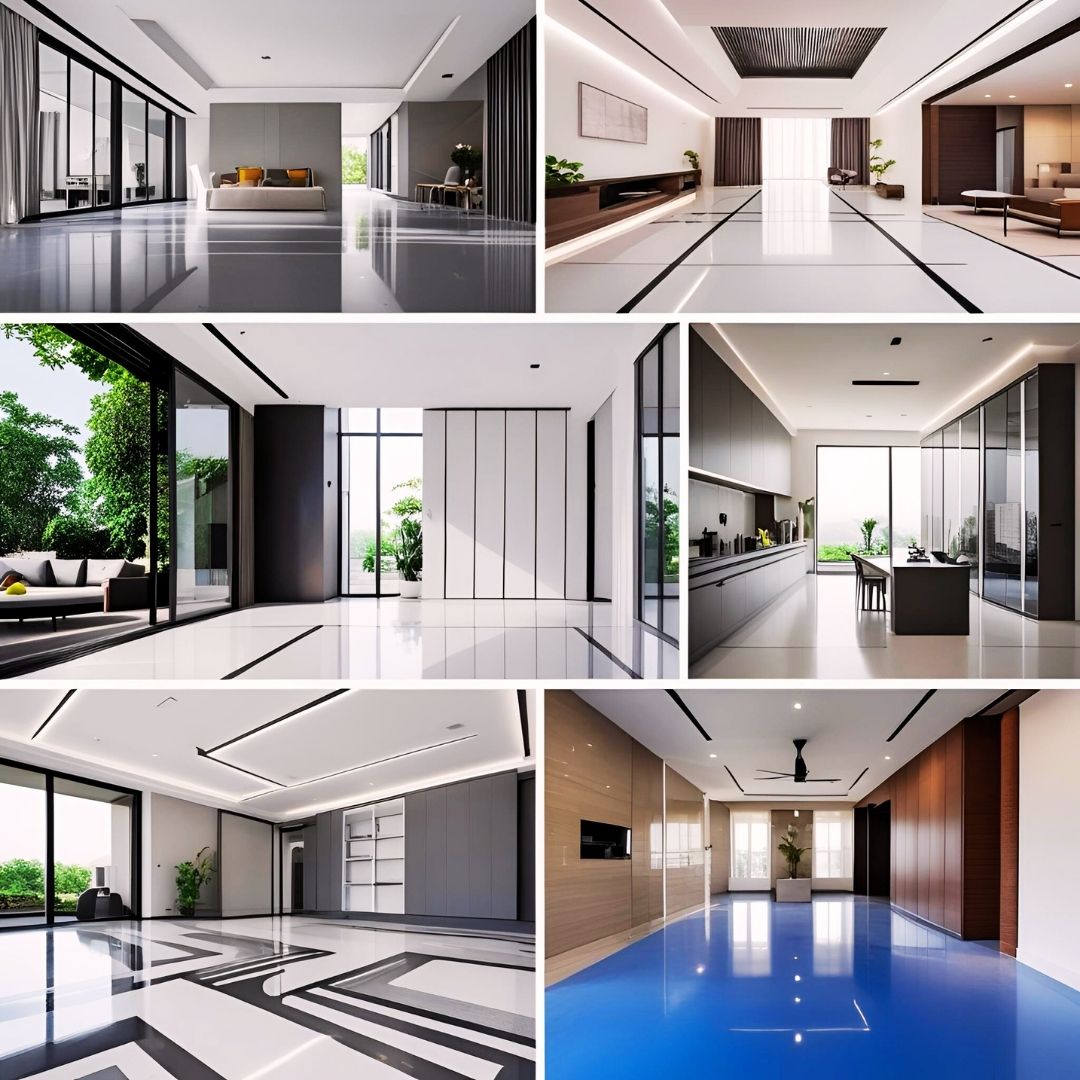
Have you ever wondered why so many homeowners in bustling neighborhoods like Vastrapur and Bodakdev in Ahmedabad are opting for sleek, durable floors that stand up to daily life? Or why plant managers in industrial hubs such as Changodar, home to giants like Aurobindo Pharma, insist on surfaces that meet stringent hygiene standards? Epoxy flooring is more than just a trend—it’s a practical solution blending aesthetics with functionality. As experts with years of experience in epoxy and vinyl flooring for healthcare and critical infrastructure projects, we’ve seen it transform spaces across Gujarat.
In this article, we’ll dive into the top 10 questions people ask about epoxy flooring. Whether you’re a homeowner eyeing residential epoxy flooring for your flat in Satellite or a B2B professional like a pharma QA team in Vatva scouting for cleanroom options, these insights will help. We’ll touch on everything from what is epoxy flooring to its costs and comparisons with alternatives like tiles or vinyl. Backed by AUM Industries, we bring technical expertise and end-to-end flooring execution services tailored for Ahmedabad’s industries and homes.
Let’s explore these questions one by one, explaining technical terms in simple language to make it easy for everyone.
1. What Is Epoxy Flooring?
Picture a floor that’s tough as nails yet shines like polished stone. Epoxy flooring is essentially a resin-based coating applied over concrete or other substrates. It starts as a liquid mixture of epoxy resin and a hardener, which chemically reacts to form a rigid, plastic-like surface.
This isn’t your average paint—it’s a thermosetting polymer, meaning it cures through heat or chemical reaction to create a seamless bond. In residential settings, like homes in Navrangpura, it adds a modern vibe. For industries, such as pharma cleanrooms in Naroda where Claris Lifesciences operates, it ensures contamination-free environments compliant with WHO-GMP standards.
Why does it matter? Epoxy provides superior adhesion, resisting peels and cracks better than traditional options. If you’re curious about materials, epoxy resin flooring uses high-grade bisphenol-A resins for durability.
2. How Is Epoxy Flooring Done?
Ever thought about the steps behind that flawless finish? Installation begins with surface preparation—grinding or shot-blasting the concrete to remove impurities and create a porous base for better grip.
Next, a primer coat is applied to seal the surface, followed by the main epoxy layers. For self-leveling types, the mixture spreads evenly; for mortar epoxies in high-traffic areas like warehouses in Sarkhej near Zydus Cadila, aggregates are mixed in for thickness.
Curing takes 24-72 hours, depending on temperature. In Ahmedabad’s humid climate, we often use accelerators to speed it up. Professionals handle this to avoid bubbles or unevenness. If you’re in areas like Thaltej, consider local experts for precise application.
3. How Long Does Epoxy Flooring Last?
Durability is key, right? With proper installation, epoxy flooring can last 10-20 years or more in residential spaces, like apartments in Bopal. In commercial setups, such as hospitals on SG Highway, it withstands heavy footfall for 5-15 years before needing a topcoat refresh.
Factors like UV exposure, chemical spills, and maintenance play a role. In pharma units in Moraiya, where Intas Pharma demands seamless hygiene, epoxy’s resistance to abrasions extends its life. Regular cleaning with mild detergents keeps it looking new—check our guide on maintaining epoxy floors for tips.
Compared to tiles, which might crack sooner, epoxy’s longevity saves costs long-term. In Gujarat’s varying weather, quality materials ensure it doesn’t yellow quickly.
4. What Is the Epoxy Flooring Cost Per Sq Ft?
Budgeting for a upgrade? Epoxy flooring cost typically ranges from ₹150–₹300 per sq ft in Ahmedabad, depending on type and thickness. Basic coatings for homes in Maninagar start at ₹150, while industrial-grade with anti-static properties for electronics units in Santej hit ₹300.
This includes materials, labor, and prep work. For luxury finishes like metallic designs, add 20-30%. In comparison, vinyl flooring cost falls in a similar ₹150–₹300 per sq ft bracket but offers different benefits—we’ll compare later.
Factors influencing price: Site size, customization, and location. In prime areas like CG Road, logistics might add a bit, but bulk projects for housing societies in Vejalpur can lower it. Always get a site visit for accurate quotes.
5. Is Epoxy Flooring Good for Homes?
Imagine spill-proof floors in your kitchen or living room—sounds ideal for families in bustling Ahmedabad spots like Naranpura. Residential epoxy flooring is excellent for homes, offering a glossy, customizable look that mimics marble without the hassle.
It’s non-porous, resisting stains from oil or food—perfect for Indian households with heavy cooking. In flats across Paldi, it handles humidity well, preventing mold. However, it’s not as forgiving on uneven surfaces, so prep is crucial.
For B2C audiences like interior designers in Gurukul, epoxy adds value during renovations. Pair it with underfloor heating for comfort in winters. If you’re weighing options, epoxy flooring for homes beats carpets in allergy-prone areas.
Ready to explore? Contact us for a consultation on residential setups.
6. Epoxy Flooring vs Tiles: Which Is Better?
Choices abound, but let’s break it down. Epoxy flooring vs tiles—epoxy wins on seamlessness, reducing dirt traps, ideal for labs in educational institutions around Ashram Road. Tiles, while traditional, can grout-stain over time.
Durability: Epoxy handles impacts better, less prone to chipping. Cost-wise, both start similar, but epoxy’s low maintenance saves money. In homes in Jodhpur, epoxy’s designs offer more variety than standard tiles.
For waterproofing, epoxy is superior, especially in bathrooms. However, tiles feel cooler underfoot in Ahmedabad’s heat. In pharma factories in Bhat near Torrent Pharma, epoxy’s chemical resistance trumps tiles for safety.
7. What Is Epoxy Resin Flooring?
Diving deeper, epoxy resin flooring refers to the core material—a synthetic resin derived from epoxide groups. It’s mixed with hardeners like polyamines for curing, creating a tough layer.
Types include water-based for eco-friendly options in IVF labs in Memnagar, or solvent-based for industrial strength in food & beverage units in Odhav. In Ahmedabad’s semiconductor sectors in Gandhinagar, anti-static resins prevent static buildup.
This flooring is versatile, from thin coatings to thick pours. For designs, add pigments or flakes for texture. It’s BIS-compliant for quality, ensuring safety in critical infrastructure.
8. What Are Epoxy Flooring Designs and Materials?
Creativity meets practicality here. Epoxy flooring designs range from solid colors to metallic swirls, popular in modern homes in Bodakdev. Materials include pure epoxy resins, quartz-filled for slip resistance in warehouses in Aslali.
For luxury, 3D effects or embedded logos suit showrooms on Drive In Road. In healthcare like modular OTs in Shahibagh, seamless white finishes aid sterility. Vinyl flooring sheets offer patterns too, but epoxy’s customization is endless.
Trends in 2025 lean toward sustainable bio-based resins and bold patterns. We use high-purity materials from trusted sources for longevity.
9. Where Can I Find Epoxy Flooring Near Me?
Searching locally? In Ahmedabad, epoxy flooring near me options abound, especially in industrial belts like Narol or Rakhial. We serve neighborhoods from Ambawadi to Vastral, bringing expertise to your doorstep.
For vinyl flooring near me, similar providers cater to warehouses in Kathwada. Look for NABH-approved installers for hospitals in Ellis Bridge. Our team covers prime areas like Satellite and Thaltej, ensuring quick response.
Backed by AUM Industries, we’re at World Trade Tower, A-617, Sarkhej-Gandhinagar Highway, Makarba, Ahmedabad, Gujarat 380051. Drop by or call +91-9274313580 for site assessments.
10. What Are the Pros and Cons of Epoxy Flooring?
Balancing the scales: Pros include exceptional durability, easy cleaning, and chemical resistance—vital for cosmetic factories in Dholka like Shilpa Medicare. It’s waterproof, unlike some vinyl, and customizable.
Cons? Installation requires downtime, and it’s slippery when wet without additives. In high-UV areas like open warehouses in Gota, it might fade without UV-stable topcoats. Compared to luxury vinyl flooring, epoxy is harder but longer-lasting.
For pros and cons of vinyl flooring, it’s softer underfoot but less resistant to heavy loads. In Ahmedabad’s pharma focus, epoxy’s hygiene edges it out.
Integrating Vinyl Flooring: A Quick Comparison
While we’re on epoxy, many ask about alternatives. What is vinyl flooring? It’s a flexible, resilient sheet or tile made from PVC, great for quick installs in homes in Chandkheda.
What is luxury vinyl flooring? Premium versions mimic wood or stone with enhanced durability. Is vinyl flooring waterproof? Yes, most are, making it suitable for kitchens in Jivraj Park.
Pros and cons of vinyl flooring: Affordable, comfortable, but prone to scratches. Vinyl flooring cost per sq ft mirrors epoxy at ₹150–₹300. Sheet vinyl flooring or PVC vinyl flooring suits budgets in Nikol.
For warehouses, vinyl flooring for warehouses offers cushioning, but epoxy excels in cleanrooms. Epoxy flooring tiles? Actually, epoxy can coat over tiles for hybrid looks.
Industries We Serve in Ahmedabad
From hospitals and modular OTs in Usmanpura to pharma cleanrooms in Sanand, our solutions meet diverse needs. IVF and pathology labs in Nava Wadaj benefit from anti-microbial finishes. Educational and R&D labs in Sola prefer easy-maintain options.
Semiconductor units in Gandhinagar opt for conductive epoxies. Chemical factories in Khokhara and food units in Khadia rely on acid-resistant types. Warehouses in Ranip and residential flats in Vasna complete our portfolio.
External standards like NABH for hospital flooring or BIS for materials guide our work. For more on cleanrooms, visit https://aumindustriesmfg.com/.
Additional FAQs
1. Can Epoxy Flooring Be Applied Over Existing Floors in Ahmedabad Homes?
Yes, with proper prep. In older buildings in Bhadra, we etch surfaces for adhesion.
2. How Does Epoxy Compare to Vinyl in Pharma Cleanrooms?
Epoxy offers better chemical resistance for spots like Vatva’s Nirma Limited.
3. What Maintenance Is Needed for Epoxy in High-Traffic Areas?
Sweep daily, mop weekly—simple for warehouses in Changodar.
4. Is Luxury Vinyl Flooring a Good Alternative for Residential Use?
It is, for softer feel in flats in Memnagar, but epoxy lasts longer.
5. How Long Is the Installation Downtime in Ahmedabad’s Climate?
Usually 2-4 days, factoring humidity in monsoon-prone areas like Maninagar.
6. Are There Eco-Friendly Epoxy Options?
Yes, low-VOC types for sustainable projects in Bodakdev.
7. What’s the Best Flooring for Ahmedabad’s Industrial Pharma Hubs?
Epoxy for hygiene in Naroda GIDC’s Dishman Pharma.
Wrapping Up: Ready to Transform Your Space?
We’ve covered the essentials on epoxy flooring, from basics to advanced insights. Whether for your home in Satellite or a cleanroom in Sarkhej, the right choice boosts efficiency and appeal.
Backed by AUM Industries, we’re your go-to for epoxy and vinyl solutions in Ahmedabad. Visit https://epoxyvinylflooring.com/ or https://epoxyvinylflooring.com/epoxy-flooring-ahmedabad/ for more. Check our blog on maintaining vinyl floors too.
Ready to get started? Email amit@aumindustriesmfg.com or WhatsApp +91-9274313580 for a free quote. Let’s discuss your project today!

